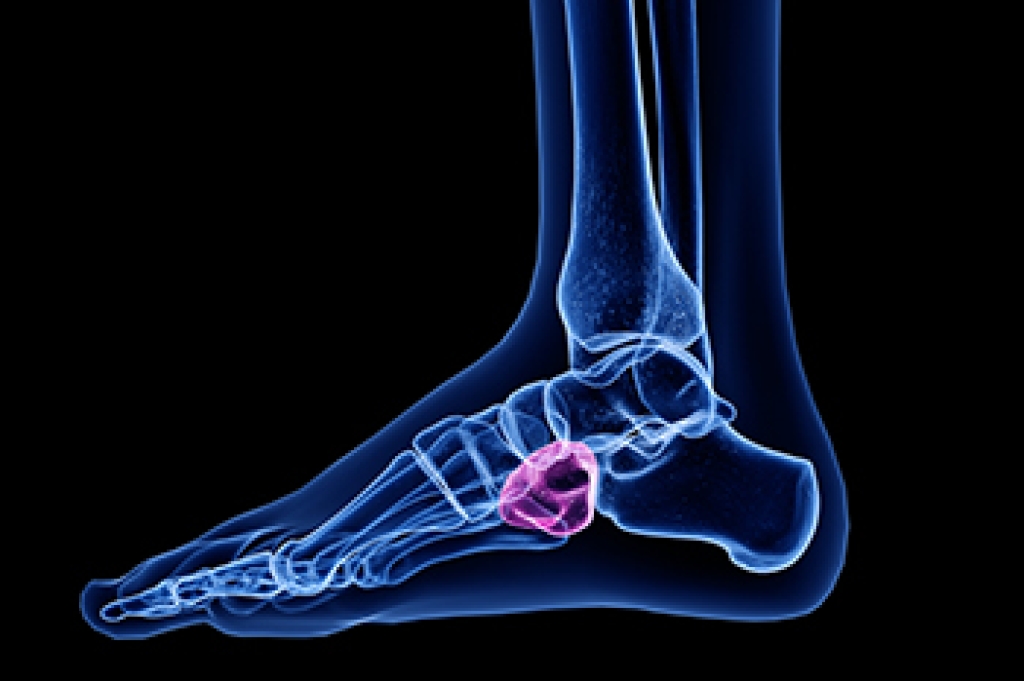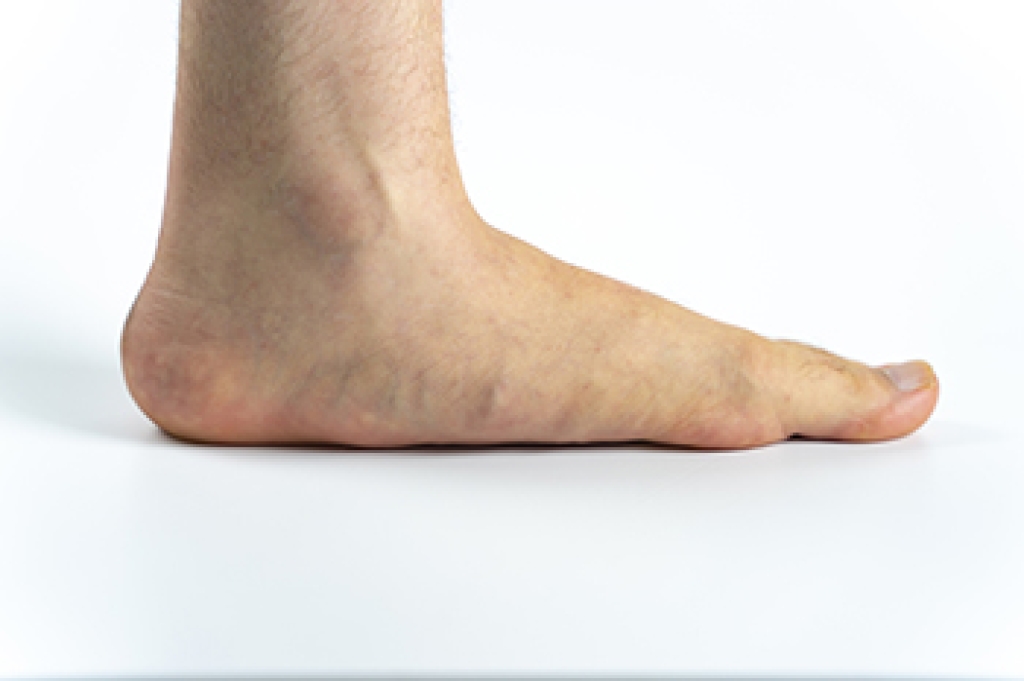
Children’s feet change quickly as they grow, and paying attention to their comfort can support healthy development. Many kids experience periods of rapid growth that can briefly affect balance or coordination, and it is common for their feet to look flat in early years as the arch gradually forms. Well-fitting shoes with enough room for the toes to move freely are one of the simplest ways to keep young feet comfortable. Noticing how your child walks can also be helpful, especially if they seem to trip often, favor one foot, or complain of pain after activity. Minor aches may come and go, but ongoing discomfort can signal issues that deserve a closer look. A podiatrist can assess alignment, gait, and development to ensure everything is progressing as it should. If concerns about your child’s feet persist, it is suggested that you see a podiatrist for proper guidance.
The health of a child’s feet is vital to their overall well-being. If you have any questions regarding foot health, contact one of our podiatrists of Lexington Foot and Ankle Center, PSC. Our doctors can provide the care you need to keep you pain-free and on your feet.
Tips for Keeping Children's Feet Healthy
- Make sure their shoes fit properly
- Look for any signs of in-toeing or out-toeing
- Check to see if they have Clubfoot (condition that affects your child’s foot and ankle, twisting the heel and toes inward) which is one of the most common nonmajor birth defects.
- Lightly cover your baby’s feet (Tight covers may keep your baby from moving their feet freely, and could prevent normal development)
- Allow your toddler to go shoeless (Shoes can be restricting for a young child’s foot)
- Cut toenails straight across to avoid ingrown toenails
- Keep your child’s foot clean and dry
- Cover cuts and scrapes. Wash any scratches with soap and water and cover them with a bandage until they’ve healed.
If you have any questions, please feel free to contact our offices located in Harrodsburg, Frankfort, Georgetown, and Lexington, KY . We offer the newest diagnostic and treatment technologies for all your foot care needs.



